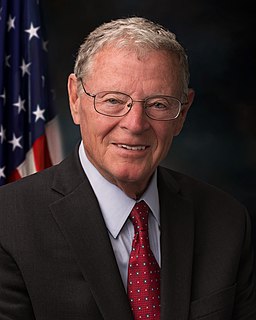A Quote by Christiana Figueres
The record-breaking extreme weather events causing chaos across the globe should be a wake-up call. The transition to a low-carbon economy will be much more painful if we wait until there is a climate crisis before recognising that more than half of the world's fossil fuel reserves will have to remain in the ground.
Related Quotes
The transition to a low-carbon economy will be one of the defining issues of the 21st century. This plan sets out a route-map for the UK's transition from here to 2020...every business, every community will need to be involved. Together we can create a more secure, more prosperous low carbon Britain and a world which is sustainable for future generations.
When Cuba lost their fossil fuel pipeline when the Soviet Union collapsed in 1990. Overnight they had no choice, they had to transition to clean energy, they didn't have any fuel to burn, and they also had to transition to a healthy food system, an organic system - their economy is crashing, this was not a planned transition. This was a crisis, but a crisis nonetheless, in which pollution went away. And it's very instructive to see what happened to their health.
I think the place maybe to watch with the greatest worry right at the moment, and to try to help the most, may be those parts of Africa around Somalia that are enduring a climate-caused and really record-breaking drought. It may be the greatest humanitarian crisis since the end of World War II. And of course, where humanitarian crises happen, so do political instability. This is the world that we're building and building fast. And it's the world that people are trying somehow to slow down. Trying very hard to bring down this fossil fuel machine before it does any more damage.
To look at the climate crisis alone - and in my view this is an election where we're not just deciding what kind of a world we will be but whether we will have a world or not, going forward. And the climate crisis, for one thing, you know, Hillary [Clinton] has not repudiated fracking by any means, nor fossil fuels.






































